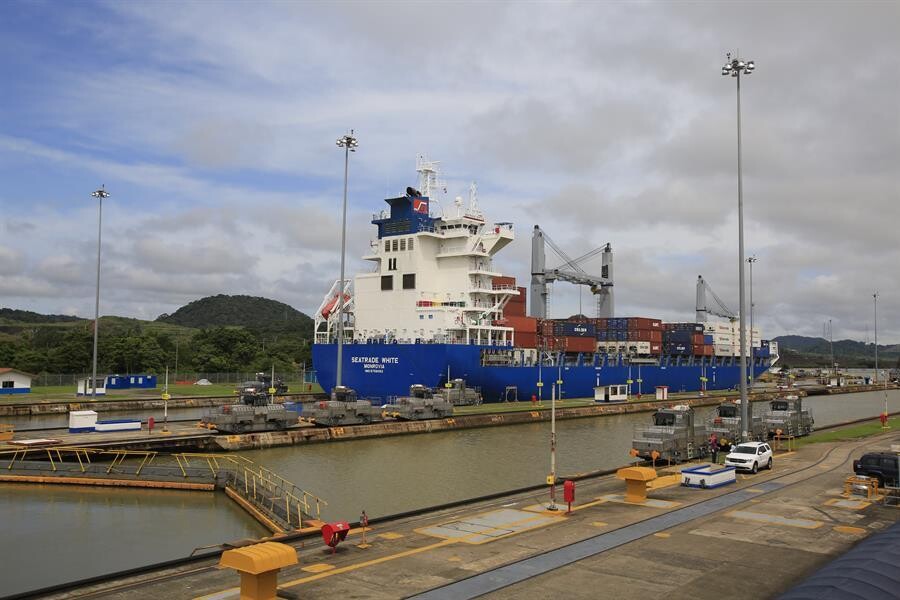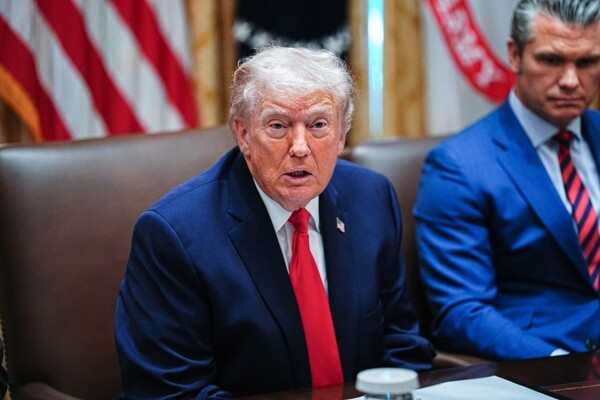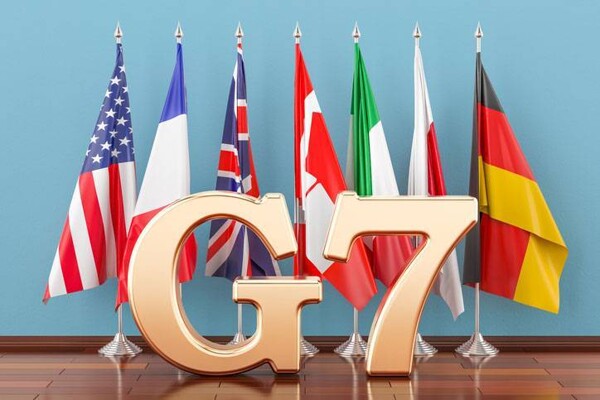
The Federal Maritime Commission of the United States (FMC) has initiated investigations at seven maritime trade points, including the Panama Canal, to detect potential "unfavorable conditions" for maritime transportation in foreign trade. The seven congestion points to be inspected are: the English Channel, the Strait of Malacca, the North Sea passage, the Strait of Singapore, the Strait of Gibraltar, the Panama Canal, and the Suez Canal.
In a statement, the FMC mentioned that "traffic limitations at several critical points in the global maritime supply chain have led to conditions that it is prudent for the Commission to investigate".
Regarding the Panama Canal, it was noted that former President Trump has expressed interest in "regaining" control, arguing that "China is operating" there. He recently requested the Pentagon to prepare several plans to regain control of the canal, highlighting its geopolitical importance to U.S. interests.
The FMC is analyzing potential disadvantages in commercial maritime routes such as the Panama Canal and mentioned that political instability or disruptions in its operation could have significant consequences. The dependence of the Panama Canal on freshwater and its capacity limitations, which could cause costly disruptions in global supply chains, was also noted.
Additionally, the North Sea passage was addressed as a strategic point where the competition for governance has intensified, with Russia seeking to control the maritime route between Europe and Asia, leading to increased NATO and Russian military presence in the area, heightening the risk of tensions and conflicts.
As part of the Trump Administration's intention to curb China's dominance in shipbuilding, the United States seeks to identify practices contrary to its interests in laws, regulations, competitive methods, and practices used by owners, operators, and agents of foreign vessels. As part of this strategy, the creation of a new shipbuilding office in the White House was announced to revitalize the U.S. shipbuilding industry.














